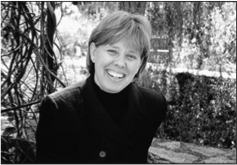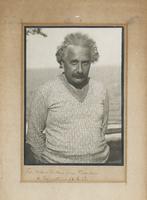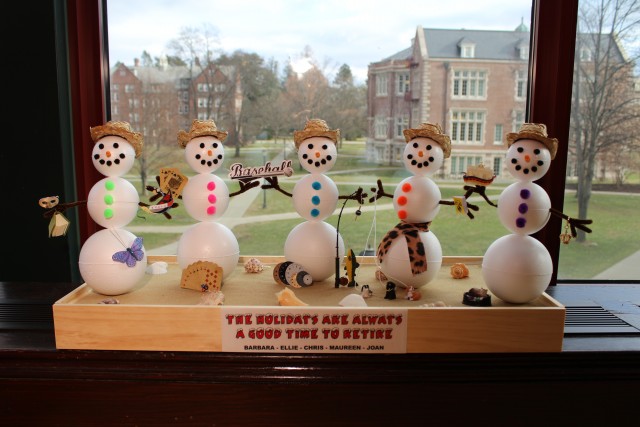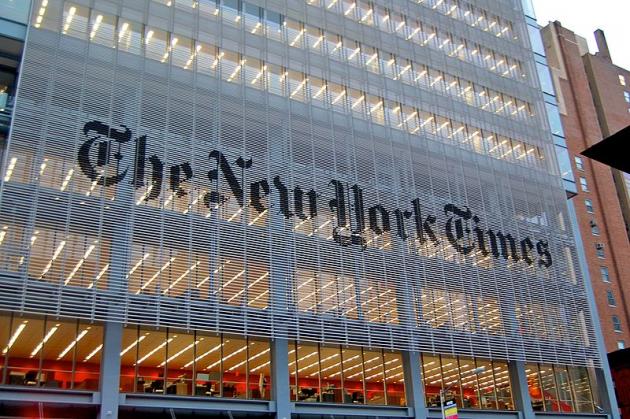![Albert Einstein and Henry Wallace signed petition, [1950?]](http://pages.vassar.edu/library/files/2014/12/einstein656.jpg)
Albert Einstein and Henry Wallace signed petition, [1950?]
The Einstein Digital Collection has found its way into Vassar classrooms!
Earlier this year, we announced the launch of the digital version of our Morris and Adele Bergreen Albert Einstein Collection. While we were excited by the many features of the site, like full-text searching and translated letters, we were ecstatic that many faculty members wanted to use the digital materials in their upcoming courses. In fact, one of the biggest reasons we digitized the collection was to make the materials available to undergraduates and Einstein scholars alike! Three professors – Andrew Bush (Jewish Studies), Jill Schneiderman (Earth Science/STS), and José Perillán (Physics/STS) – have started using Einstein in their current or upcoming courses.
Professor Andrew Bush, one of the founders of the Jewish Studies Program at Vassar, will use the digital materials in JWST 350: Confronting Modernity, in Fall 2015. The annual topic, “Einstein’s Archive,” will focus on the correspondence, photographs, and manuscripts found in the physical and digital collections on campus, as well as theoretical understandings of the process of archiving. The transcribed and translated items will enable students to engage in close readings of these materials.

Professor Jill Schneiderman
Professor Jill Schneiderman’s Earth Science/STS course, ESCI 111: Science and Justice in the Anthropocene, asks students to choose a scientist to place in conversation with Albert Einstein for their final papers. The goal is to compare Einstein’s commitment to justice to that of the student’s chosen scientist, examining similarities and differences. Using the digitized correspondence between Einstein and Vassar economics professor Otto Nathan (translated from German by our colleagues at Caltech), students gain a better understanding of Einstein as a scientist-activist, and can use this understanding, in turn, when analyzing the works of other prominent scientists.

Albert Einstein in a v-neck sweater, 17 Oct 1928. Archives & Special Collections Library, Vassar College.
has been exploring the Einstein materials in his courses as well.
His current STS course, “STS 340: Scientific Debate: Great Scientific Controversies in Context,” provides historical context to the significant discoveries – and paradigm shifts – in classical and modern physics. The digital collection, in particular, has helped illustrate the careful attention Einstein paid to his estate and the direction he wished it to take once he passed away – but his “voice” was used posthumously in ways Einstein could not control. The mythological Einstein, Perillán shows, overshadowed the historical Einstein. Future plans include a redevelopment of STS 280: Albert Einstein (the Einstein Seminar), formerly taught by retired professor James Challey in 2011-2012, allowing students to delve more deeply into Einstein’s original works in the collection. The students will have access to all materials because of the translations and transcriptions available on the site. The course will be taught in Spring 2016 and cross-listed with the History and STS departments.
We are so excited to learn more about the use of these materials in Vassar courses! Visit the digital collection at http://einstein.digitallibrary.vassar.edu to search Einstein’s letters, view photos of him and Otto Nathan, and read manuscripts, petitions, and more online.
The Albert Einstein Digital Collection at Vassar College Libraries was made possible by a generous grant from Dr. Georgette Bennett in honor of Dr. Leonard Polonsky CBE.


![Albert Einstein and Henry Wallace signed petition, [1950?]](http://pages.vassar.edu/library/files/2014/12/einstein656.jpg)


